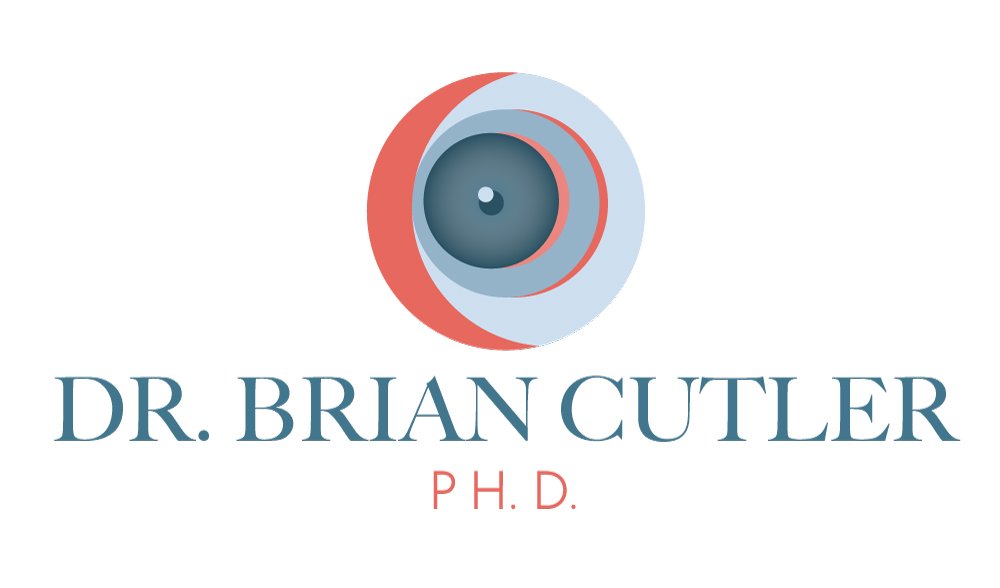Witnessing an Accident
Eyewitness testimony sometimes plays key roles in determining the causes of accidents and attributions of blame and responsibility. In this article Dr. Cutler discusses the relevance of the scientific research on eyewitness memory for witnessing accidents and the role that eyewitness experts can have in educating lawyers, judges, and jurors about how human memory works, how memory can be influenced, and the factors that make memory less reliable.
Sources of Contamination in Lineup Identifications
Mistaken eyewitness identification is a common feature among known cases of wrongful conviction. In this article Dr. Cutler discusses how four situations contaminate the interpretation of eyewitness identifications from photoarrays and lineups: (1) when the eyewitness spontaneously identifies the suspect as a known or familiar other at or near the time of the crime, (2) when the eyewitness spontaneously identifies the suspect at a second sighting, (3) when the eyewitness sees a photo of the suspect on social media, and (4) when the police conduct a prior identification procedure. He also explains the conditions in which eyewitness identifications provide compelling evidence of culpability.
Shaping Eyewitness and Alibi Testimony
Some investigators will interrogate crime witnesses if they believe the witnesses are lying or withholding information. In this article Dr. Cutler & his colleagues draw on a case from Ontario Canada to illustrate how coercive interrogation procedures in which many investigators are trained can lead noncustodial witnesses to falsely implicate an innocent suspect through mistaken identification and changes to alibis statements.
False Confessions in the 21st century
In this article Richard Leo and Dr. Cutler draw upon the science of false confessions to provide an overview of the link between false confession and wrongful conviction, developments in the study of false confession, understanding false confessions, strategies for litigating false confessions, and contemporary interrogation reforms. The article appears in a special issue of The Champion commemorating the 50th anniversary of the Miranda decision.
Analyzing Videotaped Interrogations
In recognition of the connections between coercive interrogation, false confession, and wrongful conviction, many states now require videotaping interrogations in investigations of certain types of crimes. In the effort to assist lawyers in evaluating videotaped interrogations, Dr. Cutler & colleague Richard Leo, provide an overview of the training that interrogators receive, the tactics they use, and the psychological effects these tactics have on suspects under interrogation.
REFORMING EYEWITNESS IDENTIFICATION PROCEDURES REDUCES THE RISK OF MISTAKEN EYEWITNESS IDENTIFICATION
In this article Dr. Cutler summarizes the reforms to eyewitness identification procedures that have been adopted in many states and police departments in the service of reducing the risk of mistaken eyewitness identification and wrongful conviction. He also discusses the rationale behind the reforms and the implications of the reforms for resolving cases involving eyewitness identification.
The Accuracy of Clerks at Estimating the Ages of their Customers
Cashiers at business that sell controlled substances are required to refuse to sell controlled substances to minors. While some businesses require identification from customers of all ages, many allow their cashiers to estimate the ages of their customers and decide whom to card. In this article Dr. Cutler provides an overview of the scientific research on peoples’ abilities to estimate ages and the factors that influence the accuracy of their age estimates. He further explains how expert psychological testimony can educate the court about the accuracy of age estimation and the factors that influence accuracy.
An Overview of Expert Psychological Testimony in False Confession Cases
Psychologists serve as expert witnesses in false confession cases. In this article, Drs. Cutler, Neuschatz, and Honts describe three different focuses of experts in false confession cases. Some psychologists testify about the personal and situational risk factors associated with false confession. Other psychologists with clinical training conduct forensic assessments with defendants. And psychologists with expertise in the polygraph testify in cases in which a polygraph was administered as part of a strategy to encourage a suspect to confess.
Three Faces of Eyewitness Psychology and Expert Testimony
In this article Drs. Cutler, Neuschatz, and Honts describe three common topics about which eyewitness experts consult and testify. One topic is the psychology of eyewitness identification and the risk factors for false identification. A second topic is the reliability and suggestibility if children as eyewitnesses. A third topic is the reliability of “repressed” memories of child sexual abuse and the risk factors for false memories. The expert witness’s role is to educate the fact-finder about the psychological principles and research concerning these topics.
Jailhouse Informants
Drs. Neuschatz, Cutler, and Wetmore describe the psychological issues behind jailhouse informants. Topics include the role of jailhouse informant testimony in cases of wrongful conviction, the impact of jailhouse informant testimony on juries, how to challenge jailhouse informant testimony, and recommendations for proffering an expert witness on jailhouse informants.

